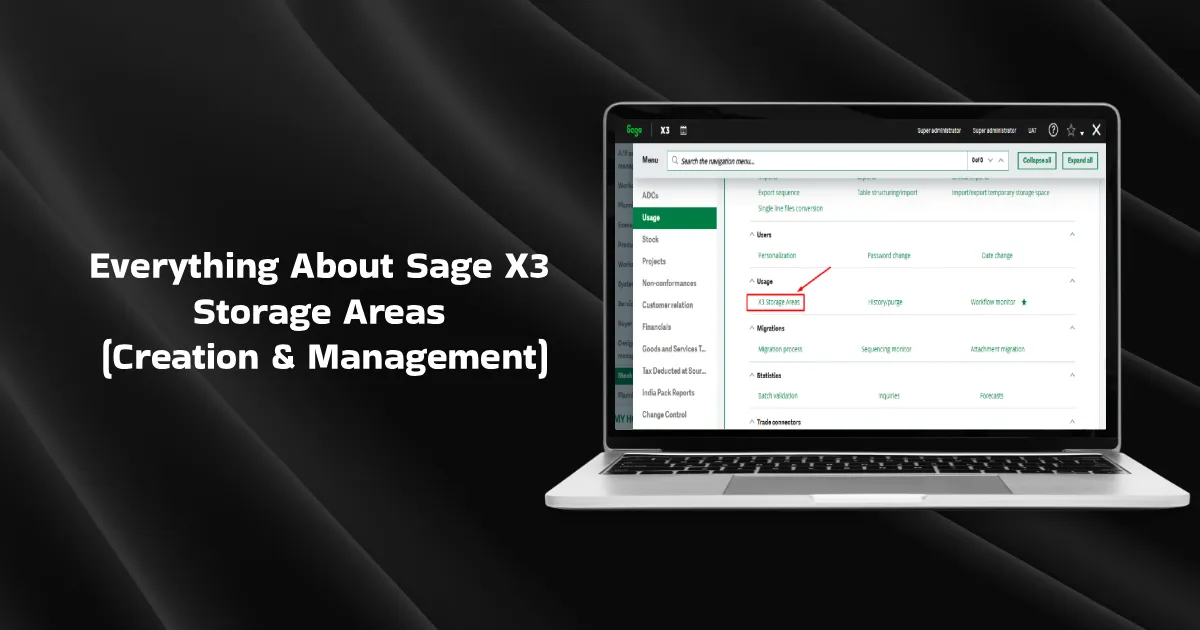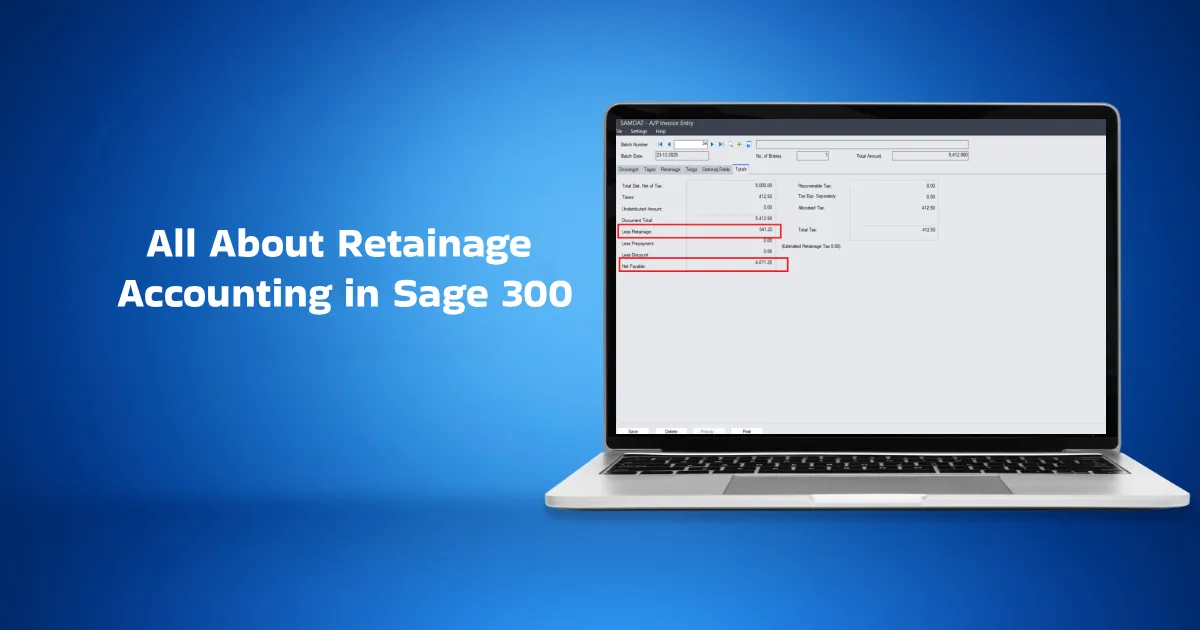Definition of Material Management
Materials management is a process of planning and controlling materials to ensure they are readily available when required. Effective material management ensures efficient production, minimizes waste and reduces sourcing and handling costs. The objective of the material management system is to guarantee that the appropriate materials are available at the right time and in correct quantities, to facilitate the production process and satisfy customer requirements.
Improper management of materials leads to shortage of material for production, delaying customer orders. The goal is to guarantee the supply of materials at the right time and in correct quantities, and at the lowest possible cost. The objective of the material management system is to guarantee that the appropriate materials are available at the right time and in correct quantities, to facilitate the production process and satisfy customer requirements.
Let us learn some key aspects of materials management —
- It has a crucial role to play to achieve growth and success. Materials management ensures that the right amount of materials is available when required.
- Material management makes sure that there is no overstocking or understocking of goods.
- It improves customer satisfaction by guaranteeing that the correct orders are delivered on the scheduled time.
- Material planning, procurement, inventory control and distribution are some of the key components of material management.
- Some of the factors of material management are demand forecasting, determining the required materials, and developing a plan to acquire those materials.
- Procurement is the process where the materials are sourced and purchased from the suppliers.
- Inventory control is essential to monitor the inventory levels and the flow of materials.
- Distribution involves the task of shipping materials from the organisation to the customer.
Also Read : Benefits of Material Management in ERP
Material Management Process
The materials management process involves a few steps beginning from the procurement of materials to receiving materials. The processes include storage and warehousing, transport and receiving. Each of these stages has its own objectives and functions.
- Purchasing – In an organisation, purchasing the right amount of materials is crucial as it impacts profit. It makes sure that the end-user has the appropriate materials to operate. Plus, this process can reduce inventory storage costs by keeping the correct quantity in the inventory.
- Storage – It helps to invest in the appropriate warehousing space to facilitate the transport of goods in the next step. Storage can serve as an intermediary between the production of materials and their usage, helping to minimize the impact of shortages or errors in material production.
- Transport – The correct amount of materials have to be transported to the manufacturers or the customers to carry out the operations efficiently.
- Receiving – The receiving process in materials management includes steps such as checking and distributing products to the right customers.
Types of Material Management
The scope of material management varies based on business size. It is especially crucial for companies with a large production volume and those with multiple production sites and warehouses. The key types of material management activities include inventory management, purchase management, warehouse management, materials requirement planning and transportation management. Let us learn more about the various types of materials management.
1. Inventory Management
A proper inventory management system in a business involves the process of maintaining the company’s stocks such as raw materials, semi-finished goods and finished goods. Re-order points have to be determined ensuring that the optimal amount is maintained. In addition, a proper inventory control system must strike the balance between the cost incurred due to inventory carrying costs and the cost of running out of materials.
2. Purchase Management
Purchase management is another significant type which involves the procurement of raw materials, supplies, and services required for the manufacturing process. Plus, it includes steps such as the selection of suppliers, price negotiation, purchase order preparation, and supplier relationship management.
The goal of purchase management is to purchase quality materials at the best possible price and ensure timely delivery. Procurement software helps the business to optimise its procurement process seamlessly.
3. Warehouse Management
Warehouse management takes care of the storage and handling of goods and the movement of materials inside the warehouse. Apart from that it involves the process of receiving, storing, and shipping materials, simultaneously managing the inventory levels and its location in the warehouse.
The main motive of the warehouse management system is to properly utilize the space, handle materials and reduce inventory carrying costs.
4. Materials Requirement Planning(MRP)
In order to plan the production schedule and the procurement of materials, a tech-based inventory system is utilized for materials management. And that system is termed MRP. It takes into account the duration needed to order materials, the production time, and the inventory quantities of materials. MRP ensures that the appropriate product is available in the correct quantity at the right time to meet the production requirements.
5. Transportation Management
This type ensures the physical movement of goods from one location to another. And it has the following responsibilities such as selection of carriers, negotiation of freight rates, preparation of shipping documents and management of delivery schedules. So its objective is to deliver the order on time and with minimal expenditure.
Objectives of Material Management
Manufacturing companies that focus on materials management gain a strategic advantage over competitors. Successful management of materials goes beyond ensuring a smooth production. The multiple objectives of material management are reducing inventory procurement and management costs, improving inventory efficiency, maintain uninterrupted supply of materials, ensure quality control, and maintain good relationship with suppliers.
- Cost-effective – It monitors the purchases and shipping of materials at affordable costs. This will in turn reduce the overall cost of operations.
- Maximizing Inventory for Efficiency – If inventory levels are low compared to sales, it means that less money is tied up in inventory. This will help in achieving business efficiency. So the result is that the capital invested in the company is availed efficiently. The turnover will be high when the inventory carrying costs will reduce.
- Reduced procurement and possessing costs – When there is proper organisation in the management of materials, the costs will ultimately reduce. So the costs of purchasing and possessing minimises when the receiving and stores operate effectively.
- Uninterrupted flow of materials – So if there is a shortage during the manufacturing process, the cost of production will shoot up. For fully-automated processes continual supply of materials is significant. In processes such as this, the costs are fixed, so the costs are incurred even if the production stops due to insufficient materials.
- Reliable quality assurance – If the quality is maintained during the entire production process, this will help in retaining the customers.
- Good supplier relations – The company should maintain a good relationship with the supplier to get the materials delivered on time, and at affordable rates. It will result in the reduction of production costs.
Techniques of Materials Management
Materials management is an efficient solution for controlling the flow of materials. Let us learn about some of the techniques of materials management.
- MRP(Materials requirement planning)– The role of MRP in materials planning is already mentioned above. To elaborate further, MRP helps in accurate resource allocation. If the business lacks this planning, it will lead to risks related to supply chain management including production, output and many other operations.
In simpler terms, MRP helps in project planning, scheduling and inventory planning. As a result, the managers can oversee the correct amount of materials required for the operations. - Enterprise resource planning software(ERP) – Going back to the origin of the ERP system, we understand that ERP is the updated version of MRP. It is an advanced system to efficiently manage the business operations. Plus, it accurately helps with resource allocation, inventory planning, supply chain operations etc. It helps to administer production and other resources by providing the required tools. ERP is an automated system that streamlines all business operations and reduces manual labour thereby reducing errors.
Conclusion
In conclusion, we now know the importance of materials management. Effective materials management is required to optimize the flow of resources, reduce costs, and improve overall operational efficiency. With the employment of strategic planning, inventory control and streamlined processes, organizations can ensure the timely availability of materials, mitigate risks, and achieve sustainable growth in today’s dynamic business environment. ERP is a Business management software that can help materials management to function seamlessly.
Materials Management FAQs
1.What Is Meant By Material Management?
Material management means gaining complete control over how an organization manages its materials, including planning, sourcing, purchasing and use, to meet organization goals of cost-effective operations and customer satisfaction.
2. What Are The 5 R’s Of Materials Management?
The five R’s of materials management are right material, right time, right place, right quantity and right price. Mastering all these factors requires a strategic approach towards materials management.
3. What Is The Difference Between Supply Chain Management And Material Management?
Supply chain management deals with managing procurement, production, and transportation processes of the organization. In comparison, materials management is limited to management of materials, focussing on the purchase, storage and usage of the materials.







